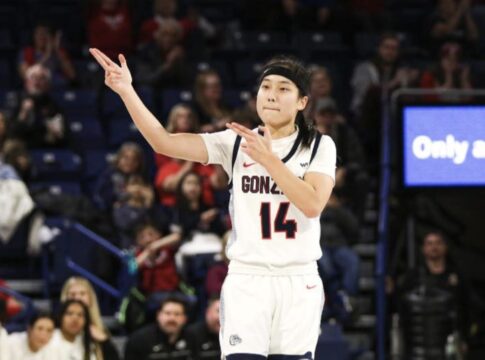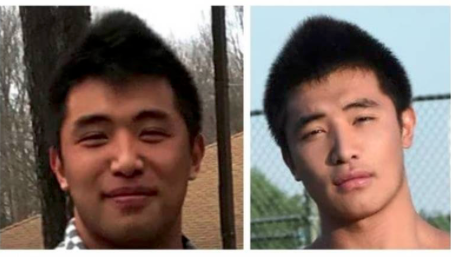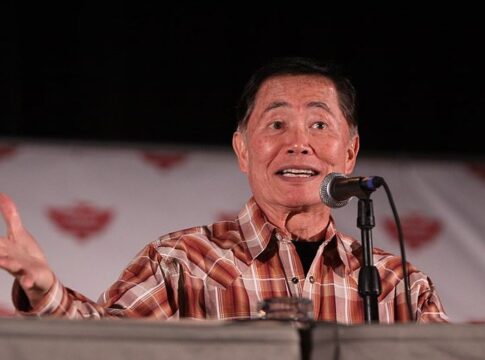
By Jana Monji
The caveat for Asian Americans is that what we’re told is an East-West problem may not be that at all. Such is the case with The Farewell, Lulu Wang’s fictionalized account of an actual lie. In the film, the grandmother has terminal cancer, but she’s told her condition is benign and the family quickly finds reason to gather–a wedding–in order to say farewell to the well-loved matriarch.
As the movie tells us, non-disclosure of terminal illness is something common in China. In the US, patients are told of their condition and yet that can have negative results–such as quadrupling the odds on suicide. In The Farewell, the China-born, but US-raised Billi (Awkwafina) finds the situation objectionable, but goes along as everyone except her only cousin, Hao Hao (Chen Han), tries to teach her a little bit about China.
Hao Hao has been raised in Japan. Japan has a similar non-disclosure pattern, something observed and discussed when Emperor Hirohito died of cancer in 1989. The issue is also raised in Akira Kurosawa’s 1952 Ikiru where a man, learning that certain vague words really mean terminal stomach cancer, decides to do something with his last few days and in doing so, really learns how to live. It’s clear in Lulu Wang’s movie, that the grandmother is already alive and warmly involved with the world. In a group-oriented country like China or Japan, it is the family that shares the burden of impending death.
While one Japanese physician who had spent year in the US suggested that the non-disclosure had to do with the failure of the Japanese to truly embrace democracy, and certainly Communist Mainland China has no great love for democracy, this opinion seems unsubstantiated when one learns that other European countries practice non-disclosure, including the two countries that the so-called Western cultures all come from–Italy and Greece. Could it be that the definitions of anti-social and well-socialized differ in these countries because of mechanisms inherent to the family grouping?
LATEST STORIES
The US is only one country that is part of the so-called Western world. It is one of several democracies. In a study about Australian immigrants and their doctors, some immigrant doctors attempt to be sensitive to the cultural practices.
Learning what the differences between China (and Japan and Singapore) and the US are in a nonjudgmental way can help us understand differing attitudes between generations and cultures, but understanding that differences between China and the US also reflect differences between Italy and Greece and the US is a step toward greater knowledge of universals by providing a global context.
For an extended version of this essay with references, go to “‘The Farewell’: Culture, Democracy and Cancer.”
AsAmNews has Asian America in its heart. We’re an all-volunteer effort of dedicated staff and interns. Check out our Twitter feed and Facebook page for more content. Please consider interning, joining our staff or submitting a story








